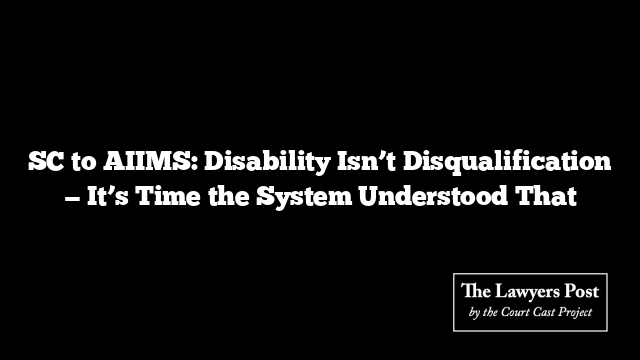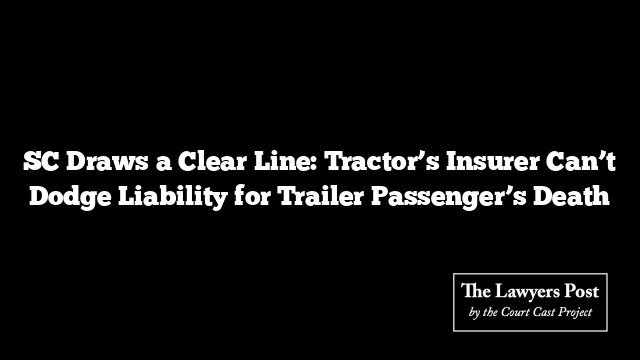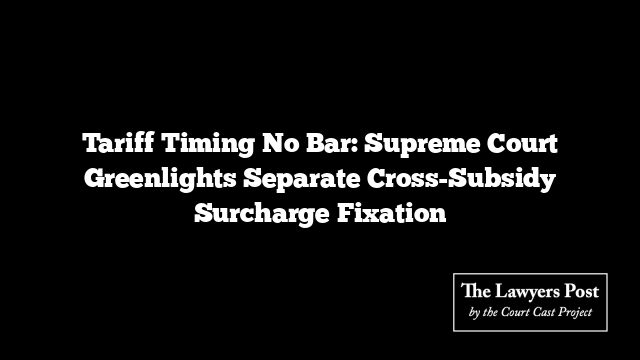In a powerful indictment of entrenched biases, the Supreme Court has overturned a denial of admission to a Scheduled Caste candidate with benchmark disability seeking entry to AIIMS Delhi’s MBBS program — declaring it not just an error, but a constitutional failure.
The appellant, born with multiple fingers absent in both hands and partial foot involvement, had cracked NEET-UG 2024 with a category rank of 176. Yet, he was repeatedly told by medical boards that his disability disqualified him. That rejection, said the Supreme Court, was not only medically unsound but legally and morally indefensible.
“This is not about charity,” the bench thundered. “This is about the core of Article 14. When a candidate adapts, excels, and ranks competitively, the system cannot hide behind vague physical standards to deny them a future.”
The case had wound its way through multiple rejections — first by the Delhi High Court, then by a division bench, all hinging on the National Medical Commission’s outdated guideline that candidates must have “both hands intact with sensation and strength.” But the Supreme Court wasn’t buying that.
Referencing its own rulings in Om Rathod and Anmol, the bench made clear: the presence of a benchmark disability doesn’t automatically make someone unfit to practice medicine. What matters is individual capability — not an archaic checkbox.
A five-member medical board formed at the Supreme Court’s direction found the candidate used his existing digits functionally and efficiently — the only hitch being a minor difficulty in putting on surgical gloves. Justice Sandeep Mehta, writing for the bench, dismissed that hurdle as “trivial” and “by no stretch of imagination a ground to deny admission.”
To compound the injustice, a less-qualified candidate had been allotted a seat in the same category at AIIMS Delhi. That, the Court said, added insult to injury — and a clear breach of equal opportunity. The Court directed that the student now be granted admission in the 2025-26 batch, without the need to retake NEET.
More significantly, the Court gave the National Medical Commission two months to revise its guidelines, warning against “systemic discrimination” dressed up as technical standards. The verdict called for a shift in mindset — from suspicion to support, from barriers to bridges.
“Reasonable accommodation is not a kindness. It is a constitutional guarantee,” the ruling read. “When the State sets arbitrary gates, it does more than disqualify — it discriminates, it dehumanizes.”
The message is unambiguous: Equality isn’t ticking boxes. It’s tearing them down when they exclude.





